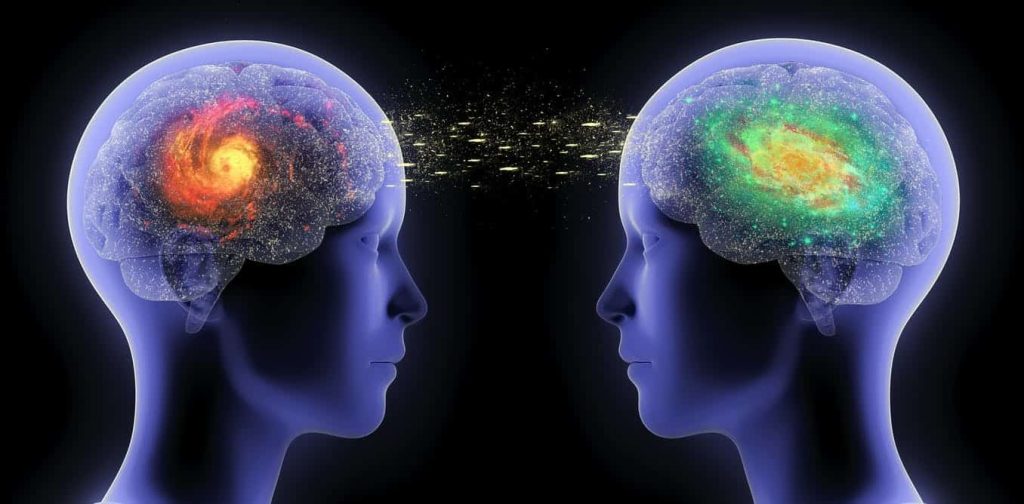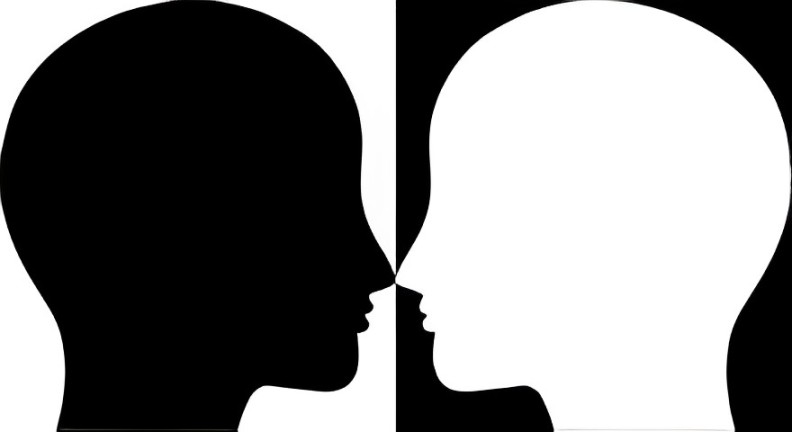Sex-Positive Sex Therapy
Explore all the dimensions of your sexual identity and develop a healthy and robust sex life in a fun and safe space.The focus of this therapy considers themedical, physical, emotional, psychological, intellectual, social and spiritual aspects of your sexuality. LGBTQ 🏳️🌈 Poly Allied.
For individual adults aged 19-59, in discreet settings. Although a client is encouraged to bring their partners, this is NOT couples, marriage, or family counseling.

Sex-Positive Sex Therapy
Explore all the dimensions of your sexual identity and develop a healthy and robust sex life in a fun and safe space.The focus of this therapy considers themedical, physical, emotional, psychological, intellectual, social and spiritual aspects of your sexuality. LGBTQ 🏳️🌈 Poly Allied.
For individual adults aged 19-59, in discreet settings. Although a client is encouraged to bring their partners, this is NOT couples, marriage, or family counseling.

For individual and groups of adults aged 19-59 in discreet settings. Treating Depression, Bipolar Disorder, Anxiety Disorders, PTSD, Schizophrenia, Schizoaffective, ADHD, Substance Use and Abuse.
Effective, compassionate talk therapy to help with distress, trauma, recovery, identity, Interpersonal and occupational problems. Significant experience with Veterans and people experiencing homelessness.
Counseling for adjacent Alternative Treatments: EMDR, Cannabis, Ketamine, MDMA, Psilocybin, and TMS

For individual and groups of adults aged 19-59 in discreet settings. Treating Depression, Bipolar Disorder, Anxiety Disorders, PTSD, Schizophrenia, Schizoaffective, ADHD, Substance Use and Abuse.
Effective, compassionate talk therapy to help with distress, trauma, recovery, identity, Interpersonal and occupational problems. Significant experience with Veterans and people experiencing homelessness.
Counseling for adjacent Alternative Treatments: EMDR, Cannabis, Ketamine, MDMA, Psilocybin, and TMS
PORTAL to my ZOOM Room
Home Zoom meeting
ADVERTISMENT
Aristotle (384-322 BC), student of Plato, a father of western philosophy, and the progenitor of rational thought. Study of the objective inevitably led to his conception of the scientific method. Aristotle’s investigations of the empirical, natural sciences and logic were essential to his contributions to the foundation of modern psychology.
Aristotle Mental Health recognizes how powerfully thought can affect our emotional and behavioral health. That is why Cognitive Therapy and Mindfulness are fundamental theories of its practice.
Ancillary theories informing practice include Brief Dynamic Therapy, Cognitive/Behavioral Therapy (CBT), Existential Therapy, Solution-Focused Therapy, Socratic Questioning, Psychodynamic, Attachment, Radical Acceptance; Resilience (Black, Queer,) Ecological/Family Systems, Behavioralism, Casework, and Psychoanalysis
A Strengths-based, Recovery Model for Treatment
A Social Worker is trained to diagnose and provide treatment for mental disorders with talk therapy, the same as a Psychologist. Generally speaking, empirical psychology sees the person as ‘subject’ with deficits to overcome. This concept is known as the ‘Medical Model’ and is the model by which the US delivers most of its care. A Social Worker’s scope is larger. Firstly, they recognize the unique human in front of them and honor the experiences that they bring. Social Workers identify clients’ innate strengths
and natural supports. They seek understand a client’s environment, including the structures of oppression, like poverty, racism, and inequality, and how they play a role in—ifnot the entire explanation for—a person’s mental disorders.
Aristotle (384-322 BC), student of Plato, a father of western philosophy, and the progenitor of rational thought. Study of the objective inevitably led to his conception of the scientific method. Aristotle’s investigations of the empirical, natural sciences and logic were essential to his contributions to the foundation of modern psychology.
Aristotle Mental Health recognizes how powerfully thought can affect our emotional and behavioral health. That is why Cognitive Therapy and Mindfulness are fundamental theories of its practice.
Ancillary theories informing practice include Brief Dynamic Therapy, Cognitive/Behavioral Therapy (CBT), Existential Therapy, Solution-Focused Therapy, Socratic Questioning, Psychodynamic, Attachment, Radical Acceptance; Resilience (Black, Queer,) Ecological/Family Systems, Behavioralism, Casework, and Psychoanalysis
A Strengths-based, Recovery Model for Treatment
A Social Worker is trained to diagnose and provide treatment for mental disorders with talk therapy, the same as a Psychologist. Generally speaking, empirical psychology sees the person as ‘subject’ with deficits to overcome. This concept is known as the ‘Medical Model’ and is the model by which the US delivers most of its care. A Social Worker’s scope is larger. Firstly, they recognize the unique human in front of them and honor the experiences that they bring. Social Workers identify clients’ innate strengths
and natural supports. They seek understand a client’s environment, including the structures of oppression, like poverty, racism, and inequality, and how they play a role in—ifnot the entire explanation for—a person’s mental disorders.
A guiding principle for triage, assessment, and intervention
implemented at Aristotle Mental Health. Self-Actualization is
the goal, to be the fulfilled person you were truly meant to be.
Brief Dynamic Therapy posits that a person develops a Cyclical Maladaptive Pattern, or ‘CMP,’ often to cope with their mental
illness and/or the dysfunction of their environment and relationships.
Freud’s fundamental notions regarding child/parent dynamics inspired what became to be known as Object Relations Theory, hypothesized and researched by Bowlby with his infant studies, the ‘objects’ are the parental figures and the way in which they care for the infant has a direct result on how that infant will develop to manage their interpersonal relationships as an adolescent and as an adult. The goal is ‘secure attachment.’ Mary Ainsworth posited three of the, now, four ‘Attachment Styles’ used in psychodynamic practice today. Learning one’s attachment style is helpful in understanding the connections and conflicts in their close and intimate relationships.



